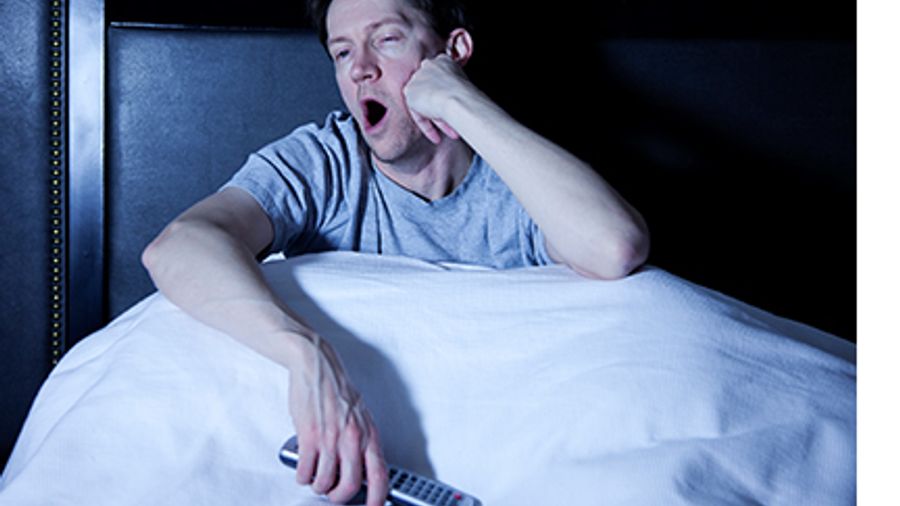Where Are You on the Sleepiness Scales?
Where are you on the sleepiness scales?
When do you feel most sleepy? Most alert? Do you doze off while watching TV? While talking with friends?
The two self-tests below can help you identify problems to discuss with your doctor.
Sleep centers worldwide use these tests. This website provides them for your personal use. Print them, and complete them at your convenience. Take them on different days and at different times of day to see how your ratings vary according to your work schedule or other activities.
Epworth Sleepiness Scale
The Epworth Sleepiness Scale asks you to rate your chance of dozing in everyday situations, such as lying down to rest in the afternoon, or riding as a passenger in a car for an hour. It helps identify the presence of sleepiness in your waking day and may help you decide if you are getting enough sleep. However, it does not determine whether you have a sleep disorder.
If your answers suggest a high level of sleepiness in waking hours, and you believe you get sufficient sleep, ask your healthcare provider to help figure out what’s causing this problem.
Stanford Sleepiness Scale
The Stanford Sleepiness Scale asks you to rate how alert or sleepy you feel at different times of day. Since alertness and sleepiness normally vary across the day, people who usually sleep at night often feel drowsy in mid-afternoon. Those who work at night often feel sleepy between 4 AM and 6 AM. Perhaps surprisingly, most people feel alert a couple of hours before their usual bedtime.
The Stanford Sleepiness Scale can help you identify your peak times of both alertness and sleepiness. If you have a fairly predictable schedule, you may be able to use this information to plan your day. You can reserve your most alert times for your most demanding mental tasks. You also can pay extra attention to staying alert in your sleepiest times.
If your work hours vary, particularly if you work on-call, take the test at different times to see how your alertness and sleepiness vary over the day. Your answers may make you more aware of ups and downs in your concentration and focus. They also may help you recognize if you have a serious sleep debt.
 Railroaders' Guide to Healthy Sleep
Railroaders' Guide to Healthy Sleep
